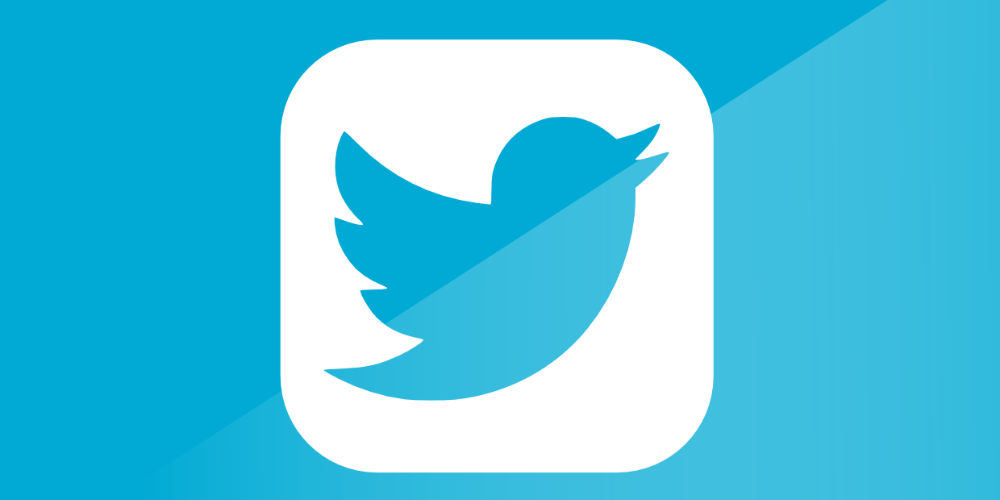Twitter's Encrypted DMs in Blue Subscription: Not as Secure as Promised?

Twitter recently introduced its Blue subscription plan, offering users various premium features and exclusive access to encrypted Direct Messages (DMs). The latter feature aims to provide subscribers with an added layer of security and privacy for their communications. However, there are concerns about the actual effectiveness of this encryption method, raising questions about the true security of these encrypted DMs.
Twitter's Blue subscription plan, priced at $7.99 per month, offers features such as an undo tweet option, bookmark folders, and a reader mode. The encrypted DMs, which are only available to Blue subscribers, use end-to-end encryption (E2EE) to protect the content of the messages from being intercepted or accessed by unauthorized parties. However, security experts are raising concerns about the implementation of this encryption. According to a recent report, Twitter's E2EE does not cover the metadata of the DMs, which includes information like the sender, recipient, and timestamps. This means that while the content of the messages may be encrypted, the metadata is still vulnerable to potential breaches and surveillance.
Another issue with the encrypted DMs is that they require both the sender and the recipient to be Blue subscribers. This limitation could hinder the widespread adoption of the feature, as users may be hesitant to pay for a subscription solely for the purpose of secure messaging. There are also concerns that Twitter's encryption implementation may not be as robust as other messaging platforms, such as Signal or WhatsApp, which have been widely praised for their strong encryption protocols.
While Twitter's Blue subscription plan offers several attractive features and the promise of encrypted DMs, the overall security of these messages remains questionable. The lack of metadata encryption and the requirement for both parties to be subscribed to the service may deter users from relying on this feature for truly secure and private communication. As a result, those seeking robust encryption for their communications may still find alternative messaging platforms like Signal and WhatsApp to be more reliable options.
- Ava Martinez 11 May 2023

